![[New] Unlocking the Power of iPhone's High Dynamic Range](https://thmb.techidaily.com/33277df87367d0cdbce49fd32569ab0c6e35402a20f9cd77a73d4dd6ae5bf66d.png)
[New] Unlocking the Power of iPhone's High Dynamic Range

Unlocking the Power of iPhone’s High Dynamic Range
The Ultimate Guide of HDR Photo on iPhone Camera

Ollie Mattison
Mar 27, 2024• Proven solutions
Since we are all born photographers, we do try to satisfy this basic instinct. But we always can’t capture that “very moment” due to our DLSR unavailability. But don’t give up. One fact that may be hidden from you is the “iPhone HDR mode”. What you don’t know is that, you can take excellent HDR photo on iPhone. HDR iPhone is your hidden starlet.
- Part1: What does HDR photo mean
- Part2: How to use HDR photo on iPhone
- Part3: How to discard normal photo
- Part4: When to use iPhone HDR mode
- Part5: When not to take HDR photo on iPhone
Part1: What does HDR photo mean
For a novice like me, this seems like a million dollar question. HDR stands for “High Dynamic Range”. It explains the difference between the vision of a human eye and a camera. A human eye can miraculously differentiate between intensities of light and colour. Hence we can see perfect brightness, shadows, colours and contrasts. A camera cannot do that naturally. Like capturing sunset through lightened towers or darker object in bright surrounding can result in too bright or too dark photo.
The hidden star in such cases is the HDR effect. It merges “the lights” and “the darks” to give a better picture. It’s all about blending the photos with different exposures. iPhone HDR mode, will behind the scene, take 3 different exposures of the same image. Under-exposed (darkest), over-exposed (striking light) and normal. It will then blend all three to combine best parts. The resulting HDR photo will have best details, sharpness, colors and light.

Part2: How to use HDR photo on iPhone
If you are using the latest devices (iPhone 8/Plus and X), then there is good news for you. The camera sensors are improved to the extent that it captures highlights and shadows with best results.
- Open the camera application.
- Tap on HDR on the top.
- Tap on options “Auto” or “On”.
- Click to take photo

Part3: How to discard normal photo
If you want to discard normal photo, still, you have the option of disabling and manually controlling the HDR effect.
- Open settings
- Tap on camera from the list
- Under the HDR heading slide the toggle to “off”
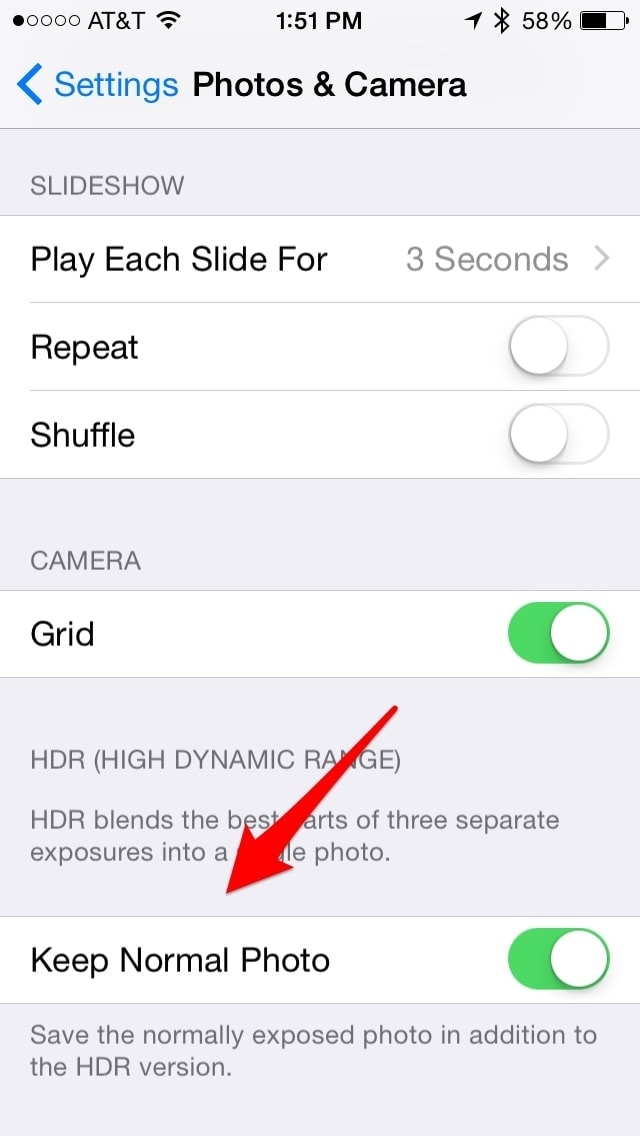
Rest is the same as previous devices. The HDR version, as well as the normal version of the photo, will be saved in the gallery. This can clearly help in comparing the effects and quality. But if you are worried about memory consumption then slide the toggle “keep normal photo” to off.
Now, as you know how to use it, you might get tempted to use it every time. No! Just like too much of sweet is bad for teeth, too much of HDR can also spoil the result. You should know when to use and when not to use it. For instance
Part4: When to use iPhone HDR mode
Landscapes
Landscapes are about the contrast. So instead of hemming and hawing over the blown-out sky for land details or perfectly coloured sky for blackened land, use HDR. It’s best to capture the “brightest white” to the “darkest black”. The merging of lightest and darkest element will give best results.

Back-lit scenes
There can be times when the source of light is behind the subject or there is too much of light (i.e portrait in sunlight) which can overshadow the foreground. HDR will bring the glare down and balance the front

Low-light
Low light can give dark shadows and sacrifice details.HDR photography will combine shadows, highlights and details from the 3 exposed frames and give a single best picture.
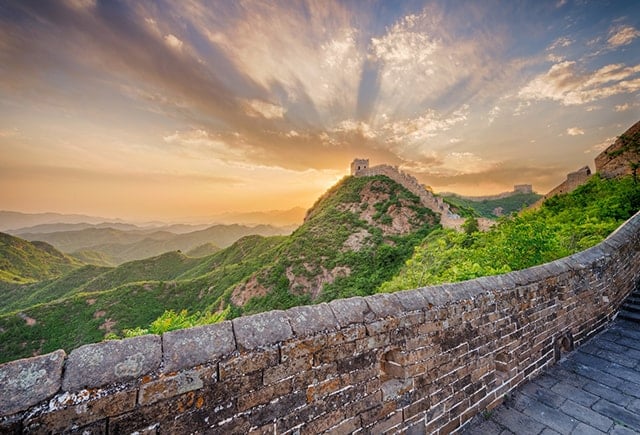
Part5: When not to take HDR photo on iPhone
High contrast scenes
Sometimes, it’s all about the stark, vivid and bright contrast between dark and light areas. Suppose you want to capture shadow then HDR will make the difference less intense. If you want to capture the striking colour or light difference, HDR will normalise and blend it to make less interesting.
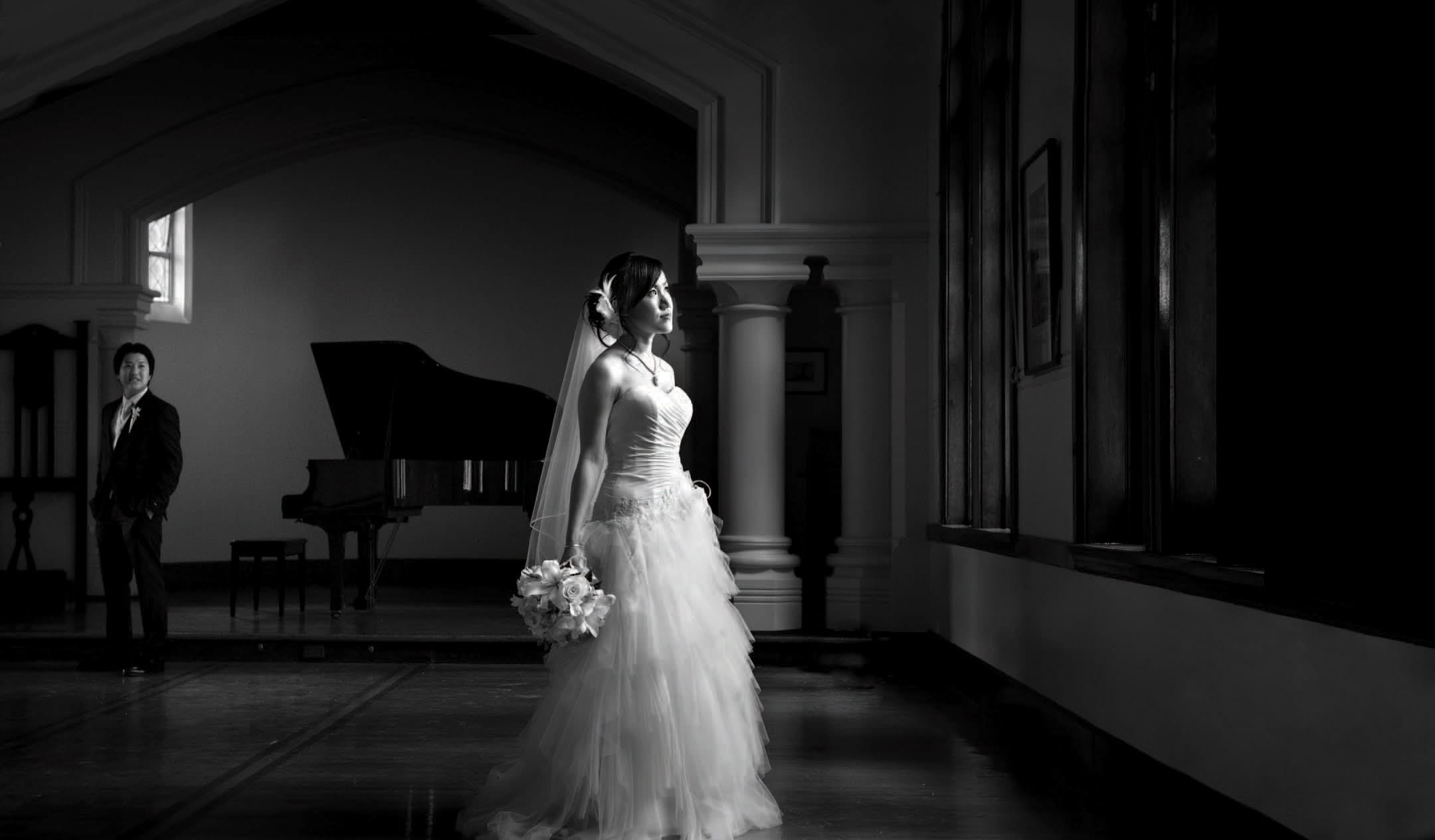
Vivid colourful scenes
Sometimes the scene has rich colours. The crisp and vibrant colours need to be captured. As HDR does bring the detail forward from too dark or too bright but, at the same time, it can wash out the sharpness
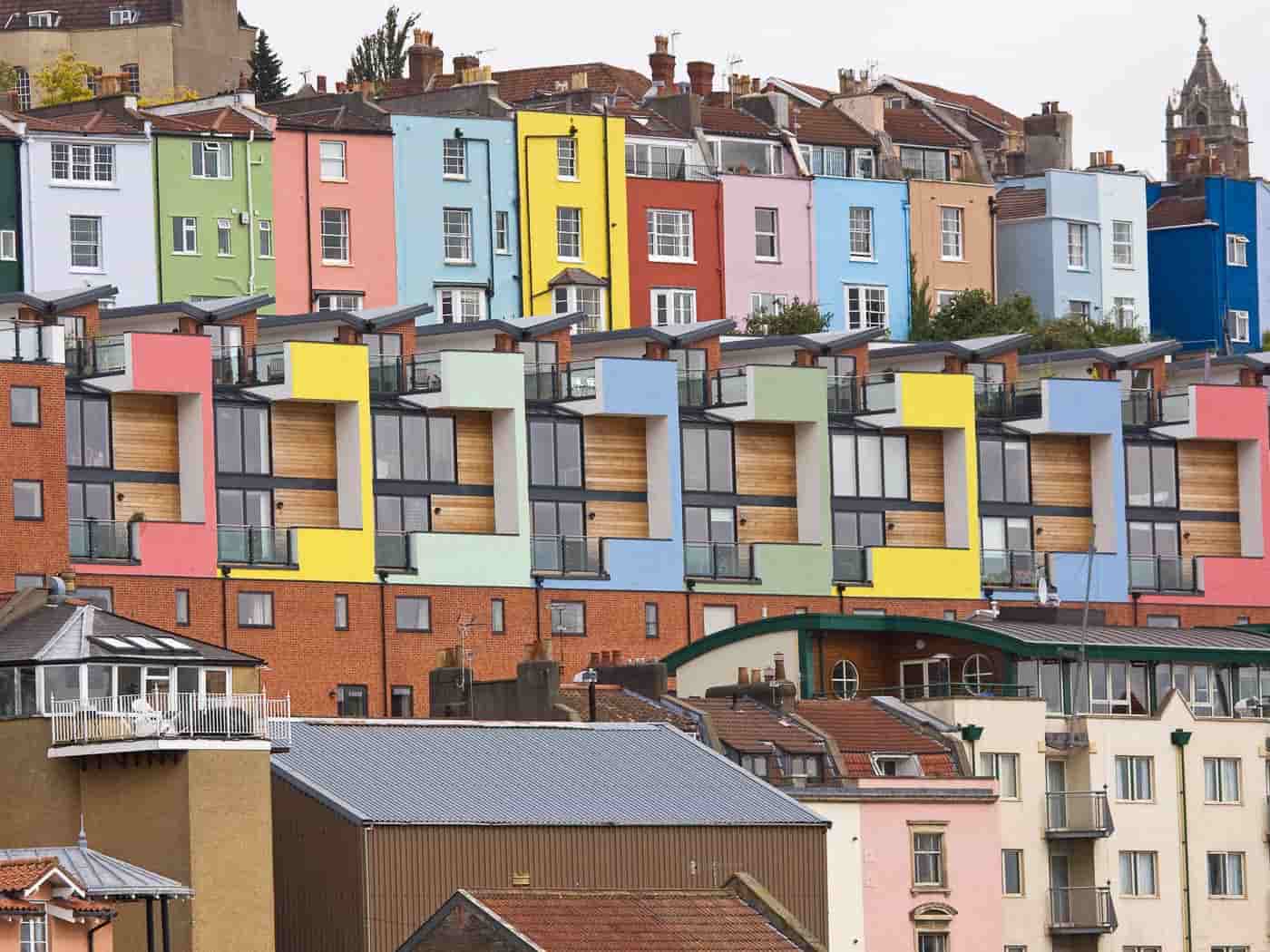
Scenes with movements
If you are moving or any subject in the scene to be captured is moving. Even if, there is a possibility that something in the scene might move then don’t use HDR.(Don’t in capital letters). As HDR is all about taking three shots so any movement between them will result in ghosting.

Quick Snap
If you want to take a quick snap then HDR will be too slow for you. As it takes a little longer, owing to the fact that it takes 3 pictures and combines them for the final outcome.
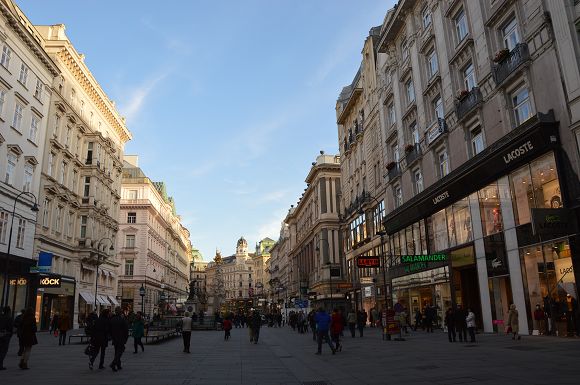
Conclusion
iPhone HDR mode is just perfect to capture high contrast scenes, landscapes with very light and very dark areas, shaded subjects or when the light source is just at the back of subject. But again if this doesn’t satisfy you, use third party HDR software. There are some good ones for more dramatic and processed results. So don’t stop your innate instinct. Grab your HDR iPhone or iPad running iO7 or later and click.
Images come from the Internet

Ollie Mattison
Ollie Mattison is a writer and a lover of all things video.
Follow @Ollie Mattison
Ollie Mattison
Mar 27, 2024• Proven solutions
Since we are all born photographers, we do try to satisfy this basic instinct. But we always can’t capture that “very moment” due to our DLSR unavailability. But don’t give up. One fact that may be hidden from you is the “iPhone HDR mode”. What you don’t know is that, you can take excellent HDR photo on iPhone. HDR iPhone is your hidden starlet.
- Part1: What does HDR photo mean
- Part2: How to use HDR photo on iPhone
- Part3: How to discard normal photo
- Part4: When to use iPhone HDR mode
- Part5: When not to take HDR photo on iPhone
Part1: What does HDR photo mean
For a novice like me, this seems like a million dollar question. HDR stands for “High Dynamic Range”. It explains the difference between the vision of a human eye and a camera. A human eye can miraculously differentiate between intensities of light and colour. Hence we can see perfect brightness, shadows, colours and contrasts. A camera cannot do that naturally. Like capturing sunset through lightened towers or darker object in bright surrounding can result in too bright or too dark photo.
The hidden star in such cases is the HDR effect. It merges “the lights” and “the darks” to give a better picture. It’s all about blending the photos with different exposures. iPhone HDR mode, will behind the scene, take 3 different exposures of the same image. Under-exposed (darkest), over-exposed (striking light) and normal. It will then blend all three to combine best parts. The resulting HDR photo will have best details, sharpness, colors and light.

Part2: How to use HDR photo on iPhone
If you are using the latest devices (iPhone 8/Plus and X), then there is good news for you. The camera sensors are improved to the extent that it captures highlights and shadows with best results.
- Open the camera application.
- Tap on HDR on the top.
- Tap on options “Auto” or “On”.
- Click to take photo

Part3: How to discard normal photo
If you want to discard normal photo, still, you have the option of disabling and manually controlling the HDR effect.
- Open settings
- Tap on camera from the list
- Under the HDR heading slide the toggle to “off”

Rest is the same as previous devices. The HDR version, as well as the normal version of the photo, will be saved in the gallery. This can clearly help in comparing the effects and quality. But if you are worried about memory consumption then slide the toggle “keep normal photo” to off.
Now, as you know how to use it, you might get tempted to use it every time. No! Just like too much of sweet is bad for teeth, too much of HDR can also spoil the result. You should know when to use and when not to use it. For instance
Part4: When to use iPhone HDR mode
Landscapes
Landscapes are about the contrast. So instead of hemming and hawing over the blown-out sky for land details or perfectly coloured sky for blackened land, use HDR. It’s best to capture the “brightest white” to the “darkest black”. The merging of lightest and darkest element will give best results.

Back-lit scenes
There can be times when the source of light is behind the subject or there is too much of light (i.e portrait in sunlight) which can overshadow the foreground. HDR will bring the glare down and balance the front

Low-light
Low light can give dark shadows and sacrifice details.HDR photography will combine shadows, highlights and details from the 3 exposed frames and give a single best picture.

Part5: When not to take HDR photo on iPhone
High contrast scenes
Sometimes, it’s all about the stark, vivid and bright contrast between dark and light areas. Suppose you want to capture shadow then HDR will make the difference less intense. If you want to capture the striking colour or light difference, HDR will normalise and blend it to make less interesting.

Vivid colourful scenes
Sometimes the scene has rich colours. The crisp and vibrant colours need to be captured. As HDR does bring the detail forward from too dark or too bright but, at the same time, it can wash out the sharpness

Scenes with movements
If you are moving or any subject in the scene to be captured is moving. Even if, there is a possibility that something in the scene might move then don’t use HDR.(Don’t in capital letters). As HDR is all about taking three shots so any movement between them will result in ghosting.

Quick Snap
If you want to take a quick snap then HDR will be too slow for you. As it takes a little longer, owing to the fact that it takes 3 pictures and combines them for the final outcome.

Conclusion
iPhone HDR mode is just perfect to capture high contrast scenes, landscapes with very light and very dark areas, shaded subjects or when the light source is just at the back of subject. But again if this doesn’t satisfy you, use third party HDR software. There are some good ones for more dramatic and processed results. So don’t stop your innate instinct. Grab your HDR iPhone or iPad running iO7 or later and click.
Images come from the Internet

Ollie Mattison
Ollie Mattison is a writer and a lover of all things video.
Follow @Ollie Mattison
Also read:
- [New] In 2024, Mastering Overlay Techniques for Video and Image Enhancement with Windows 10
- [New] The Secret Language of Success - Top 20 Market Phrases
- [New] Unleash Creativity with iPhone Burst Photography
- [Updated] 2024 Approved Elevating Your Vlogs A List of the Top 12 Professional Cameras
- [Updated] 2024 Approved Maximizing TV Viewership for Facebook Live Events
- [Updated] To Turn Off or Not Navigating Through Your Off-Facebook Activities
- [Updated] Top-Tier VR Engine Software A Comprehensive Review for 2024
- [Updated] Ultimate Glossary for Google's Voice-to-Text Feature
- [Updated] Uncluttered Program W10 Screenshot Maker for 2024
- [Updated] Unparalleled Live TV Experience with Local Channels
- In 2024, How to Live Stream Xbox to Facebook Live
- In 2024, How To Unlock a Nokia C02 Easily?
- In 2024, Tactical Steps to Download Securely Free VLC Media on MAC
- In 2024, The Art of Conducting Engaging Interviews
- In 2024, Ultimate Guide, How to Transfer Music From Apple iPhone 12 Pro to iPhone | Dr.fone
- Title: [New] Unlocking the Power of iPhone's High Dynamic Range
- Author: Mark
- Created at : 2025-01-08 18:28:29
- Updated at : 2025-01-15 21:59:08
- Link: https://some-guidance.techidaily.com/new-unlocking-the-power-of-iphones-high-dynamic-range/
- License: This work is licensed under CC BY-NC-SA 4.0.